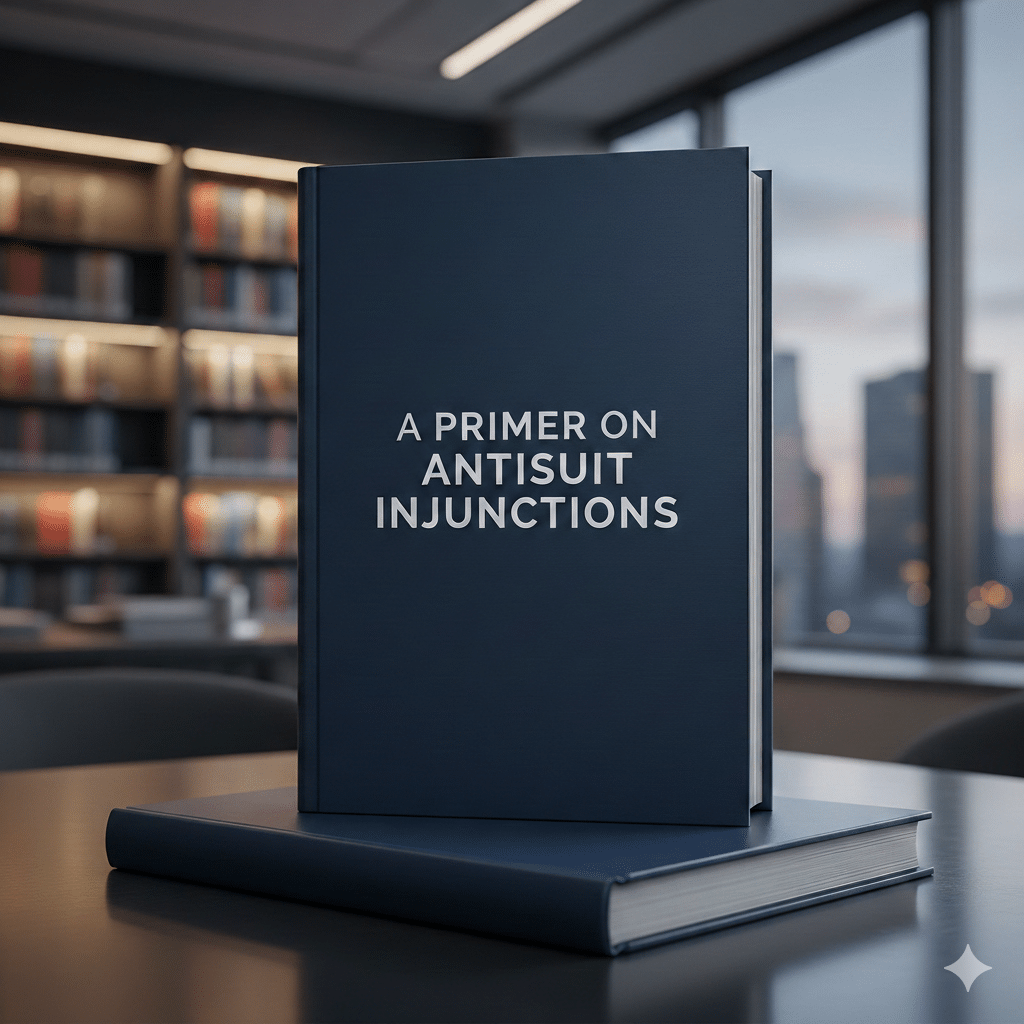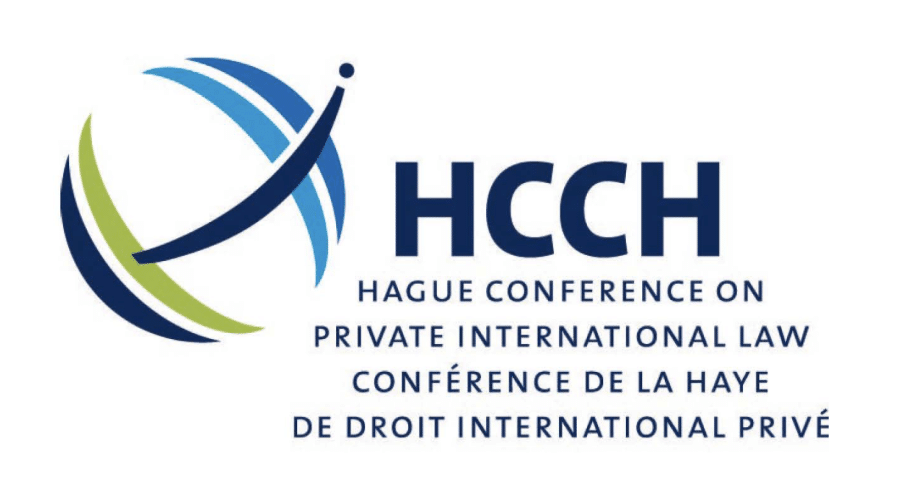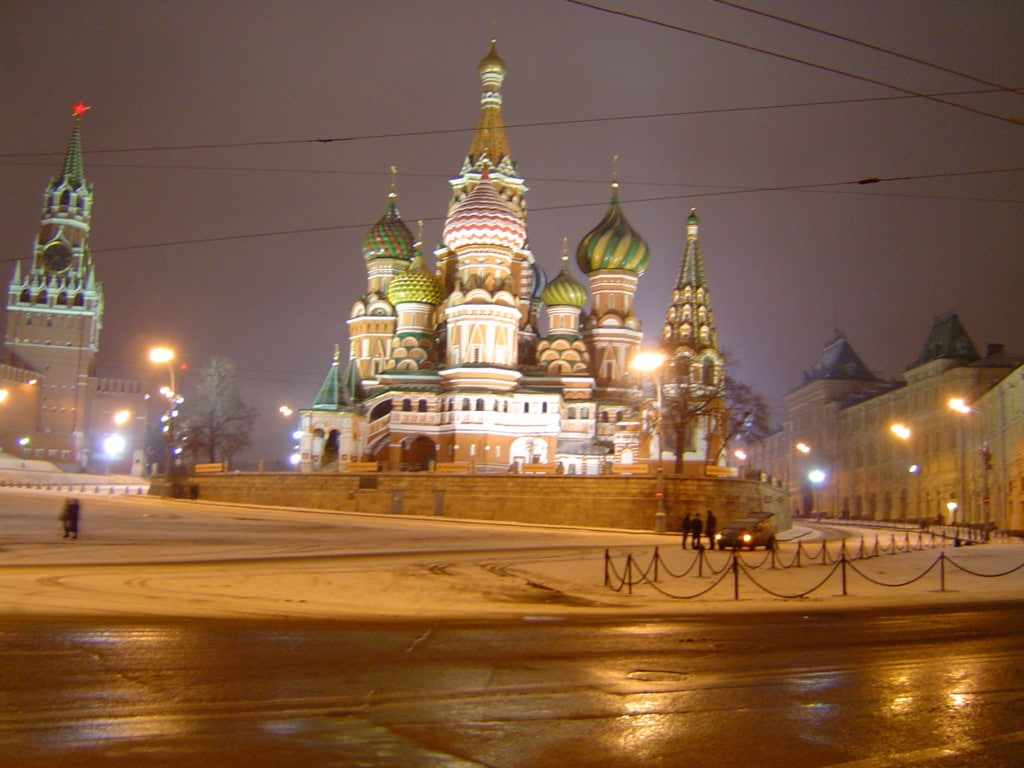A Primer on Antisuit Injunctions
The antisuit injunction, which blocks a party from initiating or pursuing litigation in a foreign court, is a powerful tool in the judicial arsenal. Courts issue these injunctions, under appropriate circumstances, to prevent the development of parallel proceedings. They can also be used to prevent a party from taking action in a foreign forum intended…
Continue ReadingConsultation on the Hague Conference Project on Parallel Proceedings and Related Actions
International lawyers and their associations have the opportunity to contribute to work at the Hague Conference on Private International Law designed to address problems that arise when the same or similar case has been filed in courts in multiple states. The Hague Conference has developed a Consultation Paper and a dedicated webpage providing information about…
Continue ReadingCivil Contempt Orders Against Non-Parties in Parallel Proceedings
Among the challenges U.S. courts face in managing parallel litigation is enforcing any anti-suit injunctions they might order. In this regard, one of the most important enforcement tools they have at their disposal is the power to impose contempt sanctions in response to violations of their orders. The authority of a court to hold the…
Continue ReadingSDNY Grants Anti-Suit Injunction Against TV Azteca
For the past several years, parallel litigation has been ongoing in Mexico and the United States between the Mexican media conglomerate TV Azteca, S.A.B. de C.V. and The Bank of New York Mellon (BNY), the Indenture Trustee for a series of TV Azteca’s unsecured notes. Two weeks ago, Judge Paul G. Gardephe (SDNY) granted BNY’s…
Continue ReadingMini-SPEECH Acts
In the United States, it is common for states to enact statutes that mirror those already in operation at the federal level. These state statutes are sometimes described as “mini” versions of a particular federal enactment. A quick internet search turned up references to mini-FTC Acts, mini-WARN Acts, mini-Brooks Acts, and mini-Randolph-Sheppard Acts, among others….
Continue ReadingRussia’s Lugovoy Law and the Battle for Jurisdiction
Sanctions have not only complicated the enforcement of contracts—they have also begun to affect the forums in which transnational disputes may be resolved. Russia’s so-called “Lugovoy Law” allows sanctioned parties to sue in Russian courts even when they have agreed to have their disputes decided elsewhere, and it is backed by threats of steep penalties….
Continue ReadingNew Essay on Anti-Enforcement Injunctions
In a symposium issue honoring Linda Silberman, the NYU Journal of International Law and Politics has just published an essay that Ralf Michaels and I wrote on anti-enforcement injunctions. In the United States, the best-known example of this type of order is the one entered by the Southern District of New York in the infamous…
Continue ReadingThird Circuit Clarifies Comity Abstention Test
The Third Circuit recently clarified the appropriate test for deferring to foreign bankruptcy proceedings. The court’s opinion in Vertiv, Inc. v. Wayne Burt PTE, Ltd. is clear, correct, and helpful in disambiguating the different contexts in which other federal courts have referred to “international comity abstention” and adjudicatory comity. The Facts In January 2020, Vertiv,…
Continue ReadingA Primer on Transnational Parallel Proceedings
It is not uncommon for parties involved in cross-border disputes to file competing or overlapping lawsuits in different forums. When should a U.S. court stay its hand in favor of a lawsuit filed in another country? Conversely, when should a U.S. court take proactive measures to defend its jurisdiction from interference by proceedings in a…
Continue ReadingCert Sought to Resolve Circuit Split on Anti-Suit Injunction Standard
The Supreme Court will consider a petition for cert to resolve a circuit split over when to issue antisuit injunctions.
Continue Reading






